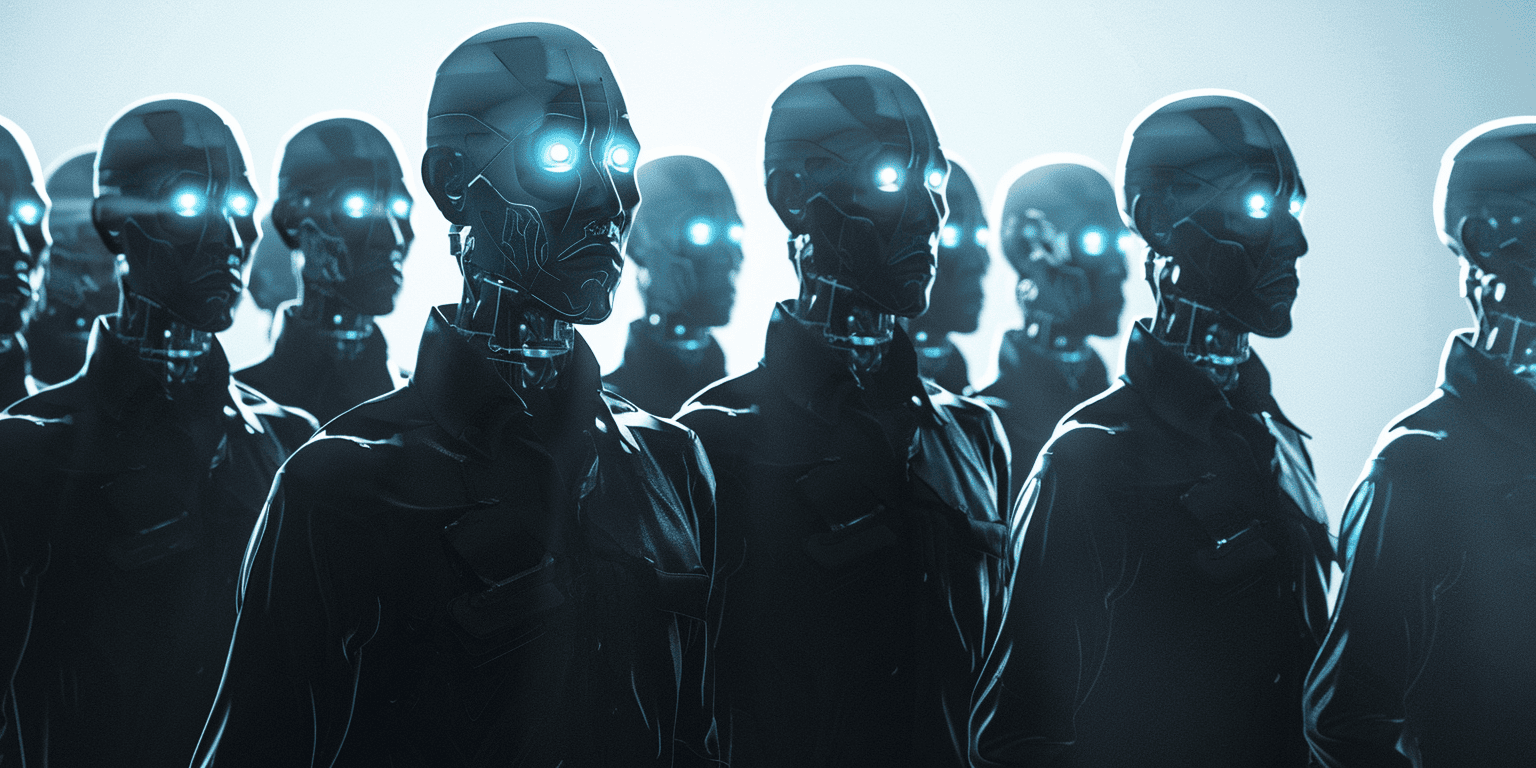Last week’s review of the present and future revolution in genetics returns us to the question of whether the human species will continue as is, or morph into other species, possibly genetically engineered to boost desirable physical and cognitive traits.
Based on records of the relentless evolution of our ancient ancestors, evidence of continued and possibly even accelerated evolution in the last 50,000 years and the potential for human tinkering with our genome, it’s likely that our species will morph into recognizably new species within the next thousand years or earlier.
By evolution and natural selection’s standards, that’s very fast.
Continued evolution, whether by natural selection or by genetic engineering, poses yet another issue.
Will our successor species prove brighter and more creative than our species? And, if so, will the best of our creative efforts in the arts, sciences and engineering look like child’s play to our descendants, just as we look backward hundreds of thousands of years at the primitive tool kits of early homo erectus variants two?
My hope is that our descendants evolve to become wiser in managing the planet and all its creatures than we have in our time on Earth.
Then, there’s artificial intelligence, which threatens to take over many jobs and disrupt economies.
There’s no doubt that we are at the foot of an exponential curve going steeply up concerning AI’s power, as computers and their enabling and controlling algorithms become ever more powerful. That’s surely unsettling.
Making matters better or worse, depending on your perspective, is the potential impact of far more powerful quantum computers within a decade or so.
These computers, now in their infancy, would make current challenges with AI potentially much worse because they will likely be capable of breaking any security code, based on silicon computers we’re familiar with now.
That and the prospect of hybrid systems, which couple computer chips with the human brain, make for a nightmarish future in our imagination.
Often older folk, including myself, tend to look back, comfortable with old assumptions and content with everything “as is” or better, “as was.”
But I think it’s best, and more rewarding, to look forward, to focus on later generations, and try to imagine what wonders await them.
Aside from the inconvenience and possible suffering associated with death, my biggest regret over exiting life’s stage is that I won’t know how it all turns out a hundred, a thousand, 10,000, 100,000, a million, a billion and yes, even a trillion, years from now.
Wouldn’t you like to know how the grand script turns out? I would.
It’s a far better prospect than imagining myself mouldering six feet under for millennia to come before the next ice age gouges everything up again.
Some of you might want to weigh in on the subjects brought up in this series.
If so, let Debbie Krause know at the Niagara-on-the-Lake Public Library and we’ll put together another series, this time with more discussion led by you.
That’s what makes small groups so interesting.
Dr. William Brown is a professor of neurology at McMaster University and co-founder of the Infohealth series at the Niagara-on-the-Lake Public Library.










